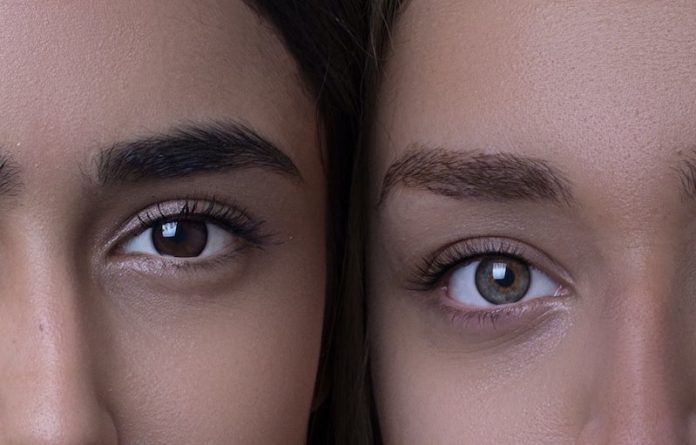
In a study from the New York Eye and Ear Infirmary of Mount Sinai, scientists found two separate eye diseases that may contribute to age-related macular degeneration (AMD), a leading cause of blindness in the United States.
The research is the first to demonstrate that two different types of deposits in the retina may contribute to early AMD, which can progress to advanced AMD and blindness.
These two diseases could be diagnosed, studied, and treated separately with appropriate early intervention to prevent vision loss and other complications.
Age-related macular degeneration results from damage to the central area of the retina called the macula, which is responsible for reading and driving vision for driving Nearly 20 million Americans age 40 and older are living with some form of AMD.
AMD in its early form is currently considered to be a single disease with cholesterol-containing deposits. These deposits are known as drusen and subretinal drusenoid deposits (SDDs).
Early AMD may progress to blindness in two advanced forms, commonly called wet and dry AMD. The advanced dry form is also called geographic atrophy (GA) by eye specialists.
In the study, the team found that patients with SDDs are likely to have heart damage from heart failure and heart attacks, or advanced heart valve disease, or strokes associated with carotid artery disease.
They suggest that SDDs result from deficient blood flow to the eye caused by these vascular diseases.
Patients with SDDs should be warned they may have life-threatening undetected heart conditions that should be evaluated and treated.
Further research needs to be done in women and disadvantaged groups where neglected heart disease is a serious issue.
Eye scans for SDDs and routine cholesterol blood tests could address this. Additionally, treating the cardiovascular condition and restoring the eye’s blood supply may also help the SDDs.
This work should prompt retinal specialists to look for both drusen and SDDs with optical coherence tomography (OCT), a standard retinal imaging technique, to best counsel patients.
If you care about eye health, please read studies about how to protect your eyes from glaucoma, and 7 habits that help prevent vision loss in older people.
For more information about eye health, please see recent studies about how to protect your eyes from diabetes, and results showing that vitamin B3 may help treat common blinding eye disease.
The study was conducted by R. Theodore Smith et al and published in Eye.
Copyright © 2023 Knowridge Science Report. All rights reserved.



